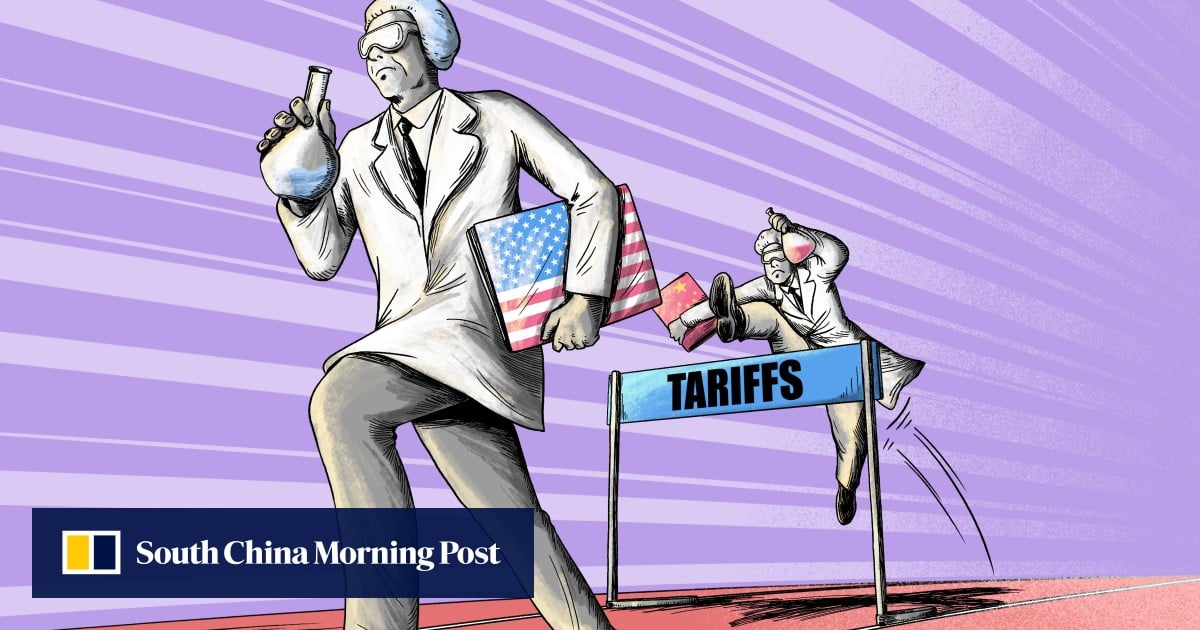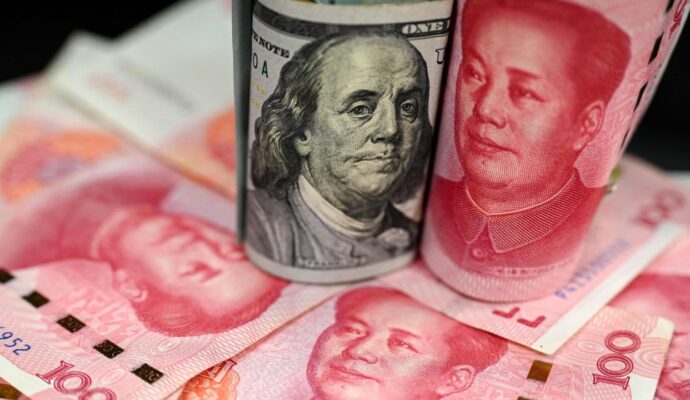
Advertisement
If withdrawn within a month of the announcement, firms could avoid penalties for submitting flawed applications, but hiding or falsifying data would court severe punishments, including multi-year filing bans.
The response from the industry indicated the scale of the problem: 79 per cent of pending applications were withdrawn.
“The self-inspection initiative was part of broader reforms to align China’s drug development regulations with international standards. At that time, there were lots of issues,” said Ding Sheng, director of the Beijing-based Global Health Drug Discovery Institute and a professor of pharmaceutical sciences at Tsinghua University.
“The 2015 reform marked a turning point, shifting China’s drug regulatory framework from one focused on generic drugs to one that fosters innovation.”
Advertisement
In the last decade, the share of clinical data from China given a “No Action Indicated” rating by the US Food and Drug Administration – meaning no issues requiring a regulatory response were found – has risen considerably, according to a study by China’s National Cancer Centre published last year.


